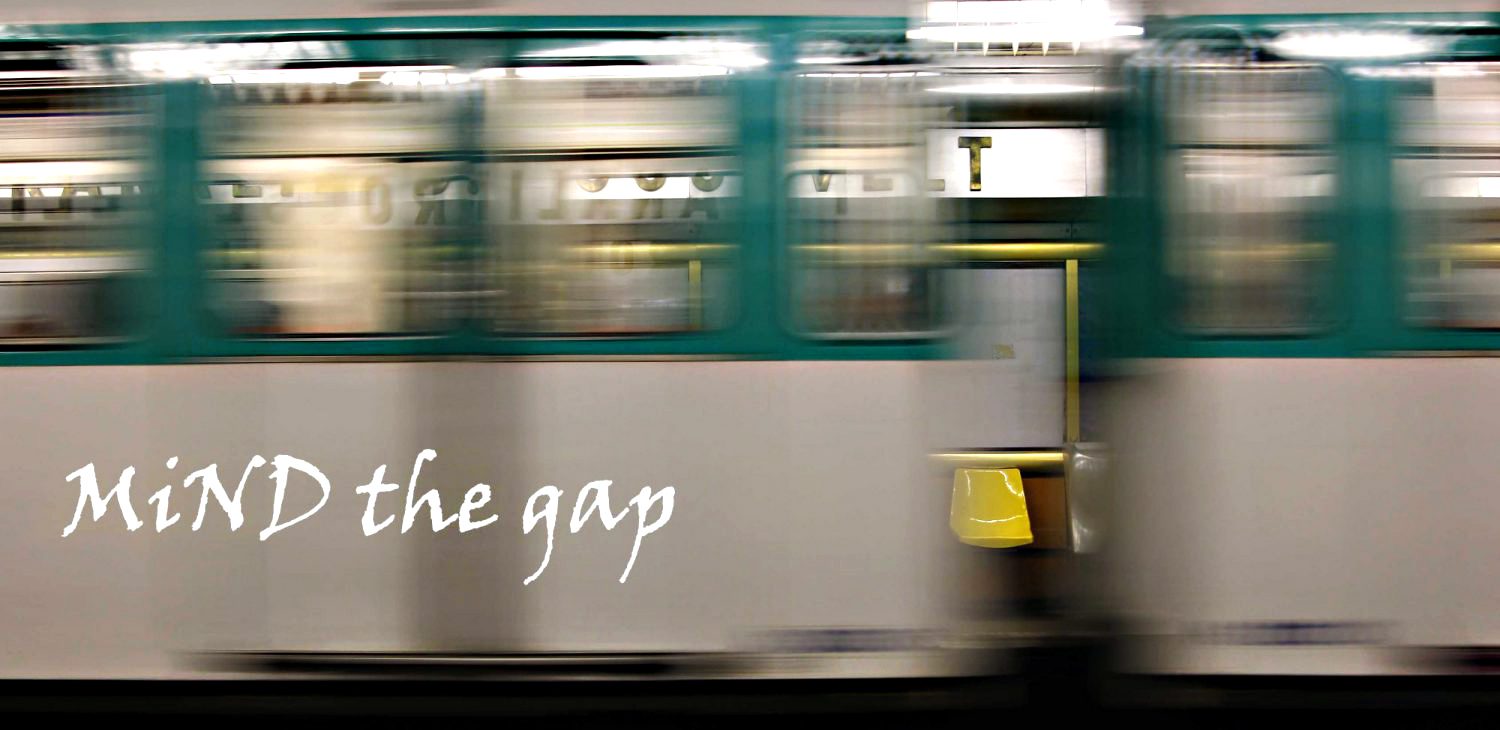Bad sleep is… well, bad for you
Ever seen that meme with Homer Simpson lying awake in bed until 4 am and then falling asleep 8 minutes before the alarm rings? If it felt relatable, then you definitely know how relevant sleep problems can be! That situation shows problems with falling asleep (insomnia) as well as very late sleep timing (read more about this in my previous blog about circadian delay). Both are linked to an infinite number of health problems, especially mental illness. In fact, a typical teenager on TV can demonstrate how bad sleep affects you. Remember how moody, bad-tempered, inattentive at school they usually are or how much they drink and smoke? Well, bad sleep relates to very similar mental health problems: mood disorders, anxiety, aggression, attention deficit hyperactivity disorder (ADHD) and bad habits like smoking, drinking alcohol and taking drugs. The connection between bad sleep and ADHD, however, is one of the most studied.
What about sleep in people with ADHD?
We know that up to 80% of ADHD patients suffer from insomnia1,2 and most of them have a circadian delay3. Researchers commonly find that if a person has insomnia symptoms and later bed times, then this person also suffers from more severe ADHD4. Although it’s not clear why exactly this happens, some think that a natural circadian delay doesn’t let you fall asleep at socially acceptable times, so you regularly get insufficient sleep5,6. Interestingly, people without ADHD who sleep poorly also develop the same symptoms – inattention and hyperactivity7. You might even say that insomniacs develop temporary ADHD! This makes the connection between ADHD and sleep even more curious and important, possibly affecting brain connectivity in ways we are only beginning to understand.
What did our research find?
My colleagues and I wanted to know if the same association with sleep happens in other mental illness and if it is different from the connection to ADHD. For this, we examined information from around 38,000 persons in The Netherlands with ages from 4 to 91. Each of them filled in a long online survey with questions about their sleep habits and mental health.
Later, we divided all these people into three groups based on their sleep behaviour. The first groups were people who prefer earlier sleep times and reported no insomnia symptoms. The other two groups comprised persons who preferred later sleep times (a sign of circadian delay). These groups differed in one thing: one group had very few symptoms of insomnia and the other a lot.

After that, we measured if some of these groups had more severe symptoms of mental illness, including ADHD. And yes, the groups with circadian delay – even the ones without insomnia – really did have significantly higher severity of all mental illness compared to early sleepers! Moreover, the individuals in the circadian delay group with insomnia had more mental health problems than those who slept well. In ADHD specifically, this link between circadian delay and insomnia was as large for symptoms of inattention as for hyperactivity/impulsivity. Children and adolescents had even stronger relation between poor sleep and mental health problems, just like that moody teenagers I mentioned before.
Why this matters
Insomnia and circadian delay, as we see from these results, is a common problem for different types of mental illness. Good sleep usually means better mental health, so people diagnosed with a mental illness might want to improve their sleep behaviour. The good news is that reducing mild insomnia might be easy: anyone can get blinders to keep their bedroom dark and drink less coffee. Circadian delay, though, is harder to change, because it is mainly ruled by your genes. This means that those born as late-night birds need to adapt their life to a more nocturnal rhythm to avoid worse mental state. Sadly, we all know it is often impossible. Younger people, for whom sleep is so important, still need to wake up unnaturally early for school. Adults go to sleep only late at night, even if they’d happily nap at 9 pm, because they were working all day and need to finish their house chores. Current expectations of a good worker and student fit morning people but fail to help and only cause more insomnia for those with a circadian delay. Unless we want to feed all adolescents melatonin tablets every day, our society needs to be more tolerant to our individual circadian preferences.
Dina Sarsembayeva is a neurologist and a research master’s student at the University of Groningen. She is using the data from the CoCa project to learn if the circadian preferences and sleep problems can be turned into profiles to predict specific psychiatric conditions.
1. Kessler, R. C. et al. Lifetime prevalence and age-of-onset distributions of mental disorders in the World Health Organization’ s. World Psychiatry 2007;6:168-176) 6, 168–176 (2007).
2. Lugo, J. et al. Sleep in adults with autism spectrum disorder and attention deficit/hyperactivity disorder: A systematic review and meta-analysis. Eur. Neuropsychopharmacol. 1–24 (2020) doi:10.1016/j.euroneuro.2020.07.004.
3. Coogan, A. N. & McGowan, N. M. A systematic review of circadian function, chronotype and chronotherapy in attention deficit hyperactivity disorder. Atten. Defic. Hyperact. Disord. 9, 129–147 (2017).
4. Lugo, J. et al. Sleep in adults with autism spectrum disorder and attention deficit/hyperactivity disorder: A systematic review and meta-analysis. Eur. Neuropsychopharmacol. 38, 1–24 (2020).
5. Çetin, F. H. et al. Chronotypes and trauma reactions in children with ADHD in home confinement of COVID-19: full mediation effect of sleep problems. Chronobiol. Int. 37, 1214–1222 (2020).
6. Eng, D. et al. Sleep problems mediate the relationship between chronotype and socioemotional problems during early development. Sleep Med. 64, S104 (2019).
7. Lunsford-Avery, J. R., Krystal, A. D. & Kollins, S. H. Sleep disturbances in adolescents with ADHD: A systematic review and framework for future research. Clin. Psychol. Rev. 50, 159–174 (2016).

